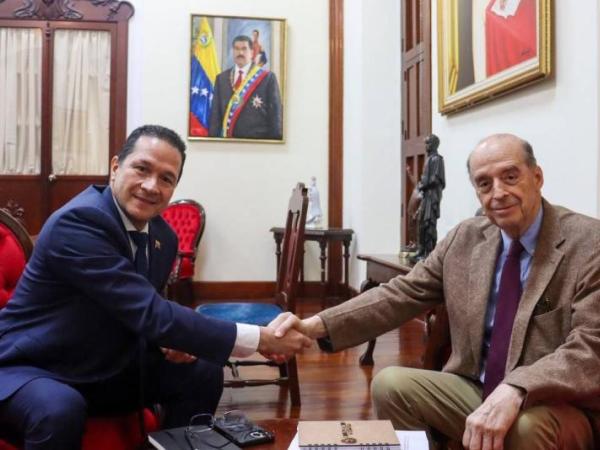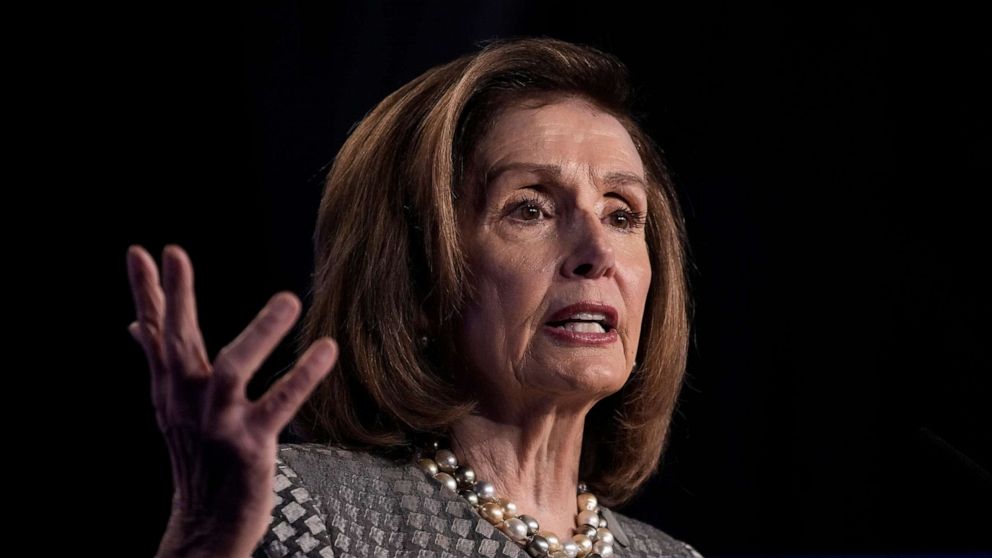The reestablishment of diplomatic relations with Venezuela It is one of the policies that the new government of Gustavo Petro promised and to which it declared urgent, therefore, it only remained to wait for the forms in which it would be carried out.
(Foreign Ministers of Colombia and Venezuela agree to normalize relations).
As the inauguration of the leader of the Historical Pact approaches, the way is paved for relations with the neighboring country, with which more than 2,000 kilometers of border are shared, to have a rebirth.
The first sample, very telling, was the visit to San Cristóbal of Foreign Minister-designate Álvaro Leyva, who met with his Venezuelan counterpart Carlos Faría and with the governor of the state of Táchira, Freddy Bernal.
After the meeting between the officials, a memorandum signed between the parties was disclosed in which “a work agenda for the gradual normalization of binational relations” was agreed upon, which would begin on August 7 with the appointment of ambassadors “and other officials diplomatic and consular
With this, the return to the full operation of the embassies in the respective capitals and of the consular services in the main cities of both countries.
They also agreed to review “all issues” of binational interest “for the benefit of our peoples”, for which the issue of the commercial reopening of the border between Norte de Santander and Táchira, as well as security, among others, are on the table.
“It was time for a change in the relationship with Venezuela, it was urgent. Not having relationships affects the 2 million Colombians who are there and the 2 million Venezuelans who are here, especially due to the lack of access to consulates,” said Mauricio Jaramillo, professor of international relations at the Universidad del Rosario.
According to the professor, the fact that Venezuela is registering a slight rebound in its economic activity also opens opportunities for Colombia to take advantage of said commercial market.
“It is also important to mention the issue of security as a key,” added Jaramillo.
two-way trade
In addition to reestablishing diplomatic relations between the two countries, the rcommercial opening of the border between Norte de Santander and Táchira is one of the points to be discussed.
It is worth remembering that this border has been closed to commercial transit since 2015, which has affected the status of the economic activity of the border population.
Later, after the passage of the covid-19 pandemic, the Colombian government enabled the pedestrian crossing, initially with pick and ID, through this border point, as well as at the crossing of La Guajira-Zulia and those of Arauca, Vichada and Guanía with the states of Apure and Bolívar.
Only through the corridor to the north of Colombia is the passage of land merchandise being allowed.
Various binational economic institutions have stated that the rFormal opening of the border between Norte de Santander and Táchira it could bring trade between the two countries to $1.2 billion by the end of this year.
Currently, according to Dane, bilateral trade between the two countries shows a positive trade balance for Colombia of US$198.4 million as of May this year, after registering US$224 million in exports and US$25.5 million in imports.
After yesterday’s session, the governor of Táchira, Freddy Bernal, indicated that the opening of the border will be “progressive and controlled” and that for this purpose “multidisciplinary commissions in various areas” will be created in order to establish “protocol of customs”, as well as other legal aspects.
ROBERTO CASAS LUGO
BRIEFCASE







